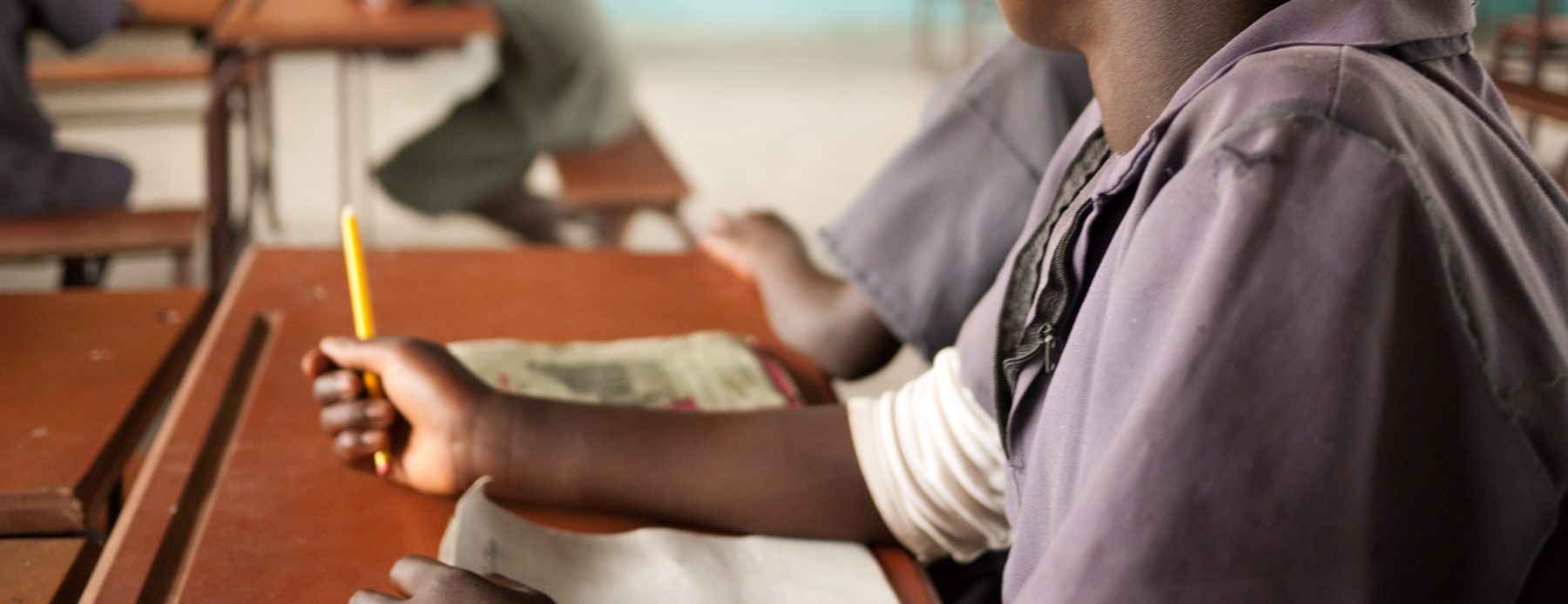Warwick researchers aim to improve education in South Africa
The University of Warwick’s Centre of Education Studies (CES) is sending a delegation of researchers to the impoverished Limpopo region of South Africa, with the aim of helping to improve education quality.
In tandem with the University of Venda – which also sent a number of its own staff to England in October 2014 – the CES will be making recommendations on how to improve leadership management and teaching at schools in the area.
As is the case with most of the other provinces in South Africa, Limpopo is marred by high poverty rates, having the lowest income per capita in the whole of South Africa.
This process will also involve local school principals and members of the provincial education board. Ian Abbott, director for the CES explained: “We will be going into schools, watching lessons and talking to officials, as well as gathering information that we can later analyse to make evidence-based recommendations in partnership with the University of Venda”.
The project will be funded by the British High Commission’s Prosperity Fund, which has offered £52,600 to finance the initiative which could eventually be exported elsewhere in South Africa.
Mr Abbott spoke about how the expertise of CES could potentially be put to wider use: “It’s fantastic that we are able to share our expertise here at Warwick on an international scale for what we hope will benefit not only the Limpopo Province, but potentially other parts of South Africa too”.
After the visit of University of Venda staff in 2014, the CES are hoping to build upon the relationship previously established by the parties.
Mr Abbott spoke about his objectives for the visit and the subsequent impact it could have: “When we arrive, we’ll be helping to implement the ideas we shared last year as well as looking for other ways to improve the area’s education system.
“We’re very excited to be part of such a positive project, which has the potential to make a marked difference to the life chances of those in the most deprived province of South Africa”.

Comments